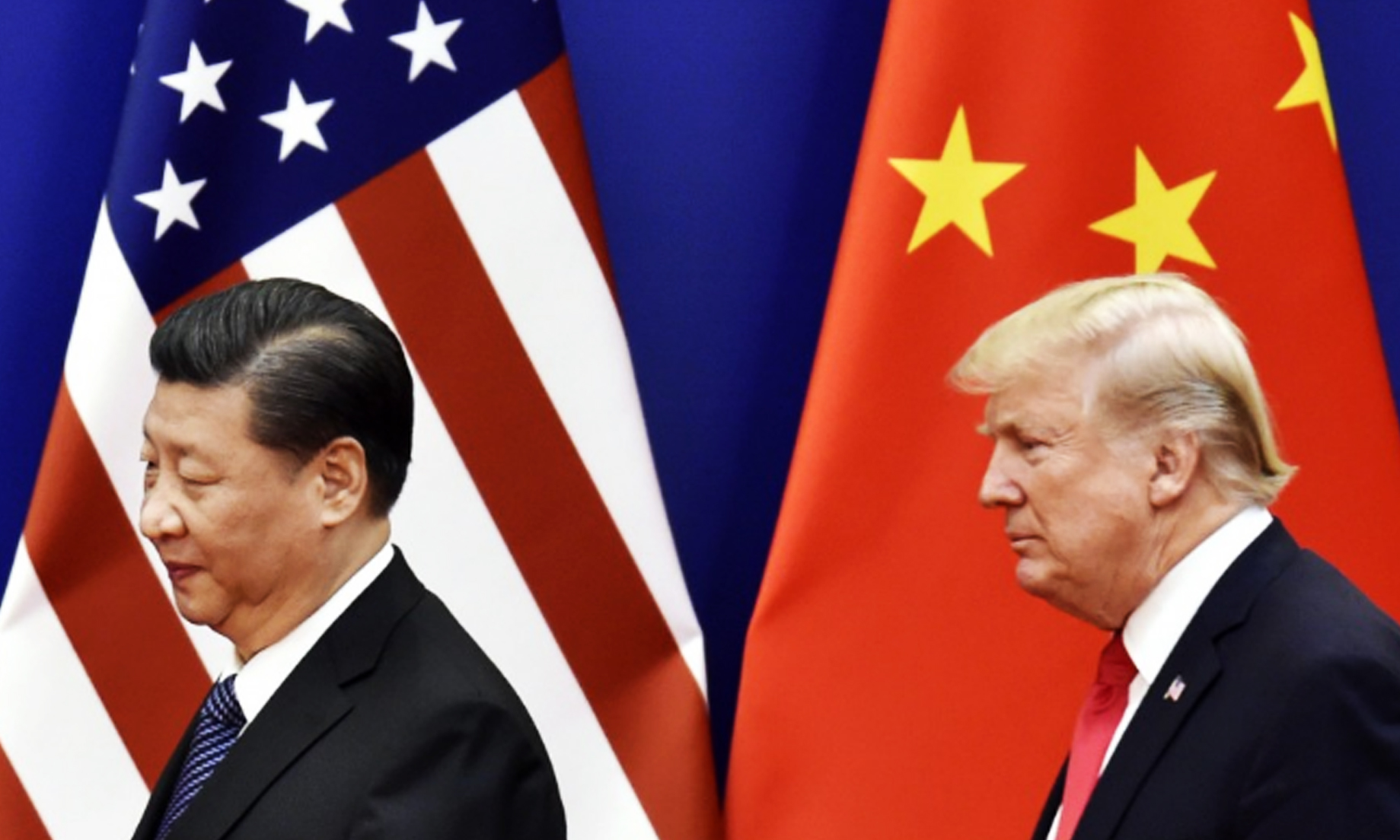OSAKA, July 1 (NNN-KYODO) – U.S. President Donald Trump and Chinese leader Xi Jinping have agreed to restart negotiations for resolving the trade war between their countries, but the prospect of striking an eventual deal remains uncertain.
Even if the two sides reach a trade deal after a cease-fire Trump and Xi agreed to in a meeting Saturday in Osaka, competition for global influence between the world’s two largest economies will continue, analysts say.
While Beijing may try to appease Trump with some concessions in the run-up to the 2020 U.S. presidential election, China is unlikely to address structural differences between its state-driven economic system and the market economy championed by the United States, according to the analysts.
“The problem is that the two sides are still pretty far apart,” said David Dollar, a senior fellow at the Brookings Institution, a Washington think tank. “China is gradually opening up more markets such as financial services and automobiles and taking steps to improve intellectual property right protection. But it is not willing to make the sweeping changes that the U.S. demands.”
Dollar was referring to Washington’s push for Beijing to end “Made in China 2025,” a state-led industrial program that aims to make the country dominant in global high-tech manufacturing, and change laws concerning state enterprises and industrial policy.
The program, which targets 10 areas such as artificial intelligence and advanced robotics, has come under fire, not least over China’s massive government subsidies to its industries in an attempt to catch up with — and then surpass — the United States.
“The Trump administration has to decide if it wants a practical compromise or it wants to escalate the trade war,” Dollar said.
Other experts expressed a similar view, saying the strategic competition between Washington and Beijing — also spurred by China’s expanding global ambitions through its Belt and Road Initiative infrastructure project — will continue, in a situation that looks increasingly likely to evolve into “a new Cold War.”

Brad Glosserman, deputy director of the Center for Rule Making Strategies at Tama University in Tokyo, said China’s 2025 plan feeds suspicions that Beijing is seeking to use its laws and policies to exploit the U.S.-backed international order and establish itself as the leading power of the 21st century.
“The United States is convinced it is being exploited while China believes U.S. demands go to the heart of its economy and challenge the legitimacy of its government,” he said. “The two countries are locked in an intense competition that threatens to spiral into a new Cold War.”
Glosserman said it is noteworthy that the Trump administration’s hardline stance against China’s trade and industry policy is also supported by Democrats, suggesting that a Democratic administration would be tough on Beijing as well.
Kurt Campbell, who served as assistant secretary of state for East Asian and Pacific affairs under President Barack Obama’s administration, and Ely Ratner, who was deputy national security adviser to former Vice President Joe Biden — a potential contender to Trump in the 2020 race — called for a “clear-eyed rethinking” of the U.S. approach to China.
“Cooperative and voluntary mechanisms to pry open China’s economy have by and large failed,” Campbell and Ratner said in a recent piece. “Washington now faces its most dynamic and formidable competitor in modern history.”
In a separate report, Melanie Hart and Kelly Magsamen, Asian experts at the Center for American Progress, a Washington think tank, said, “The central contest of this century will be between the U.S. model of political and economic development and the Chinese model of political and economic development.”
“If China’s vision prevails — if it becomes the dominant power of the 21st century — there is a risk the United States and the world will be less free, less prosperous, and less safe,” they wrote.
NNN-KYODO






